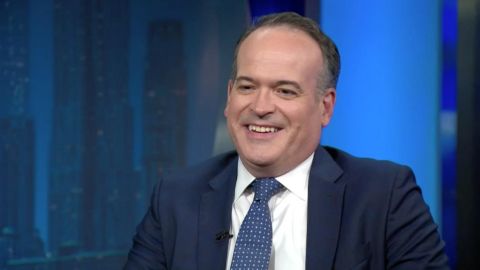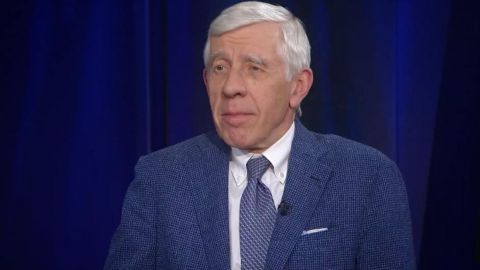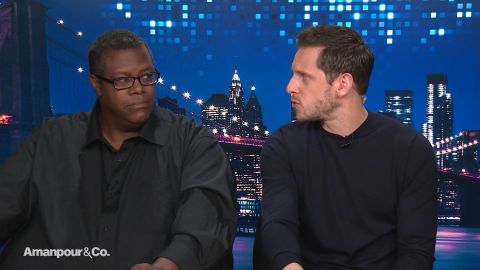Read Transcript EXPAND
CHRISTIANE AMANPOUR: First, I want to ask you, what do you make of the current crisis, which is essentially tit for tat seizing of tankers and particularly Iran seizing the British flag tanker.
JACK STRAW, FORMER BRITISH FOREIGN SECRETARY: Well, what I make of that is absolutely classic, you know, Iranian approach. They’re up against the war not least because of President Trump’s sanctions. They’re pretty desperate. They know the risks of getting into a full-scale war, which they would lose straightway. So, they’re doing their best to calibrate things. And I think it followed as night followed the day, that once the tanker in Gibraltar was arrested there was bound to be retaliation. I mean, it was inevitable.
AMANPOUR: And then that was an Iranian tanker taking oil —
STRAW: To Syria.
AMANPOUR: — busting the sanctions to Syria.
STRAW: Yes. I mean, this goes back, of course, to Donald Trump’s decision to withdraw from the JCPOA. I happen to think that that was the wrong decision. I’m on the same page as President Trump in not wanting Iran to build a nuclear weapon. I think we all are. And there are big risks about what Iran’s real intentions are, but I just think it was crazy for him to pull out of this deal, which guaranteed that Iran effectively could not build a nuclear weapons capability for 15 years and replace it by nothing directly. And one of the things that —
AMANPOUR: So, he’s made it more dangerous. In fact, pulling out of the — you call it — well, the former name is JCPOA, but the Iranian nuclear deal, has actually potentially made it more likely that Iran could, if it wanted to.
STRAW: I don’t think there’s any doubt about that, first off.
AMANPOUR: So, it’s made it more dangerous for the region.
AMANPOUR: Yes. And one of the reasons he’s done that is because it has shifted the balance of politics in Iran. Now, I know there are people here as well as in the U.S., people like John Bolton, for example, in the U.S., who take the view that this is an entirely homogenous government, there were no arguments inside the government and it’s all one lot [13:05:00] controlled by a (INAUDIBLE) to create them. But it’s much more complicated than that.
AMANPOUR: So, what you’re basically saying is that the U.S. is alienating the pragmatic —
STRAW: Yes.
AMANPOUR: — core of the Iran and not even recognizing there is a pragmatic wing and empowering most hardline, which is the Iranian Revolution Guard Corps.
STRAW: Yes. And one of the great ironies of this is that the hardliners in the Revolutionary Guards around harmony were always opposed to the nuclear deal. So, guess what —
AMANPOUR: So, they got what they want.
STRAW: So, here we are, the first impact between President Trump and the hardliners. And other miscalculation by John Bolton and President Trump was that if they impose these sanctions, which in turn have unquestionably caused huge damage to the Iranian economy, to living standards for most Iranians, this would cause an uprising and unrest.
About This Episode EXPAND
Jack Straw and Christiane Amanpour discuss a critical week in U.K. politics. Jamie Bell and Daryle Lamont Jenkins join the program to discuss the new film “Skin.” Walter Isaacson sits down with The Wall Street Journal’s editor-in-chief Matt Murray to discuss how to win back trust in the media and the ongoing challenges facing journalists today.
LEARN MORE


